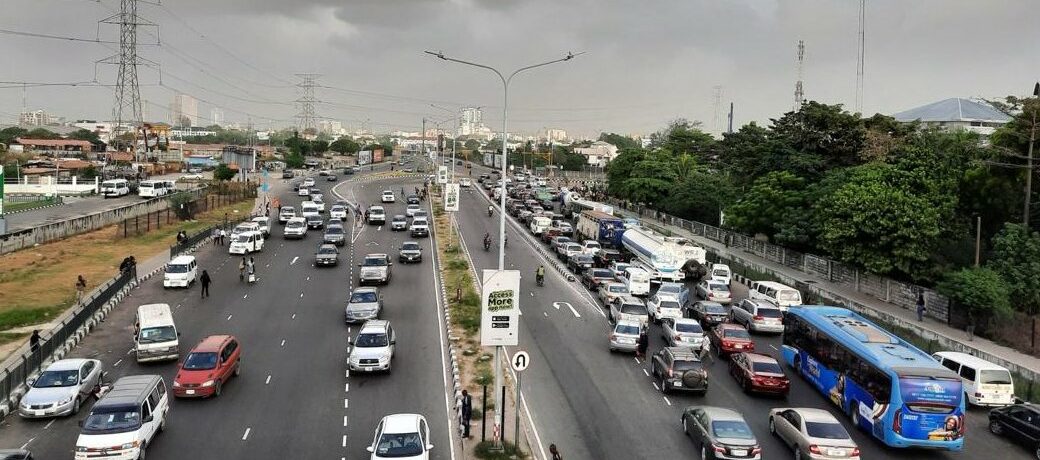News
National Rollout Of South Africa’s New Driving Laws Delayed To 2026

South African motorists will have to wait a little longer before the country’s new traffic enforcement system officially hits the road. The Department of Transport has postponed the national rollout of the Administrative Adjudication of Road Traffic Offences (AARTO) Act to 1 July 2026, citing readiness issues across key municipalities.
Why The Delay?
Originally planned for December 2025, the system was expected to debut across 69 metros and municipalities before expanding nationwide in phases. However, after conducting an assessment, the Department of Transport discovered gaps that could derail the process. These included incomplete recruitment of law enforcement personnel, insufficient funding, and technical mismatches between municipal traffic systems.
“The phased approach of implementation will still be maintained as initially envisaged,” the department noted, confirming that a new proclamation outlining the adjusted rollout timeline will be published soon.
If the schedule remains unchanged, the full implementation, including the controversial demerit points system, will likely only be completed by mid-2027.
What The AARTO System Means For Drivers
At its core, AARTO represents a shift in how South Africa enforces traffic laws. The system moves violations from the Criminal Procedure Act to the AARTO Act, effectively removing the right to appear in court for many offences and introducing “electronic service” for the issuing of fines and notices.
Under the demerit system, each traffic offence will carry penalty points. Motorists who accumulate too many could face licence suspensions or cancellations, similar to systems already used in countries like Australia and the UK.
Why It’s So Controversial
The AARTO rollout has faced strong resistance from industry stakeholders, civil society, and political leaders. The Organisation Undoing Tax Abuse (OUTA) has repeatedly described it as “unworkable”, while the Western Cape government has sought to exempt the province entirely.
Critics argue that AARTO prioritises revenue collection over road safety, citing administrative fees at nearly every step of the process. There are also concerns about fairness, with many describing it as a “guilty until proven innocent” system.
If motorists fail to contest or respond to a fine in time, an enforcement order is automatically issued, adding demerit points to their driving record even before a court appearance.
Union Pushback And Public Frustration
Public sector unions, including the Public Servants Association (PSA), have also criticised the plan, warning it could create more bureaucracy, fraud, and corruption within traffic departments. “This won’t curb accidents it will just make administration more chaotic,” a PSA spokesperson said earlier this year.
Social media reactions have mirrored this frustration, with many South Africans calling for a more transparent and educational approach to road safety rather than another layer of penalties.
The Road Ahead
Despite the controversy, the Department of Transport insists that AARTO is essential to modernising South Africa’s road safety system and ensuring greater accountability among drivers.
Still, with a history of administrative delays, system incompatibilities, and public distrust, the upcoming rollout will need more than new dates it will need to prove that it can serve citizens fairly, not just fine them faster.
{Source:Business Tech}
Follow Joburg ETC on Facebook, Twitter , TikTok and Instagram
For more News in Johannesburg, visit joburgetc.com


























